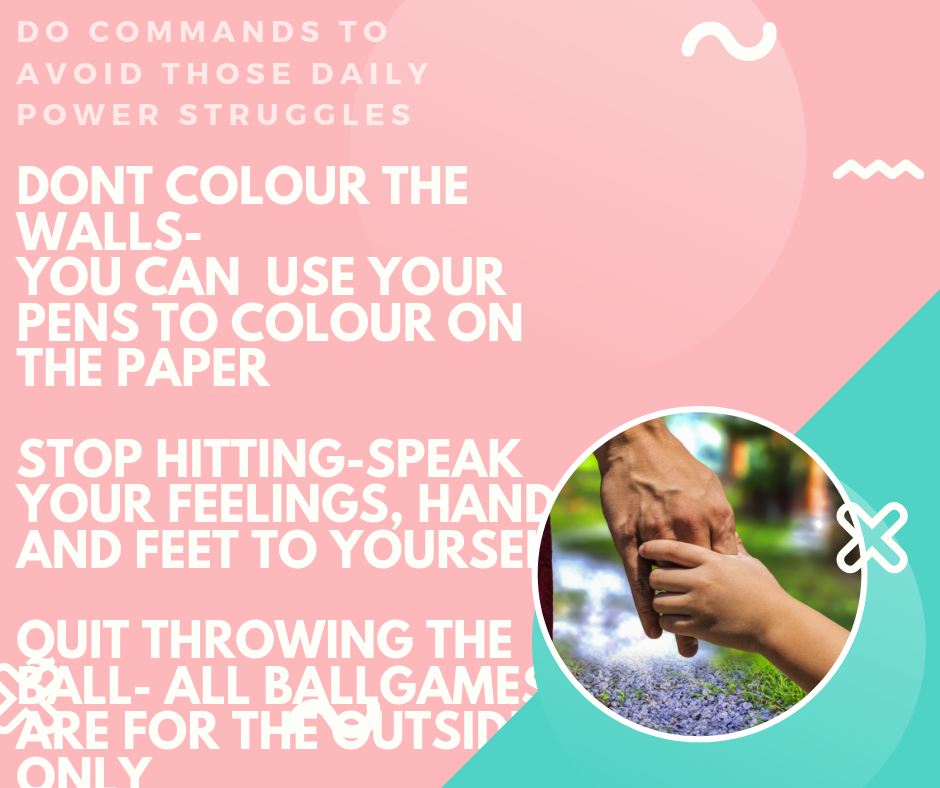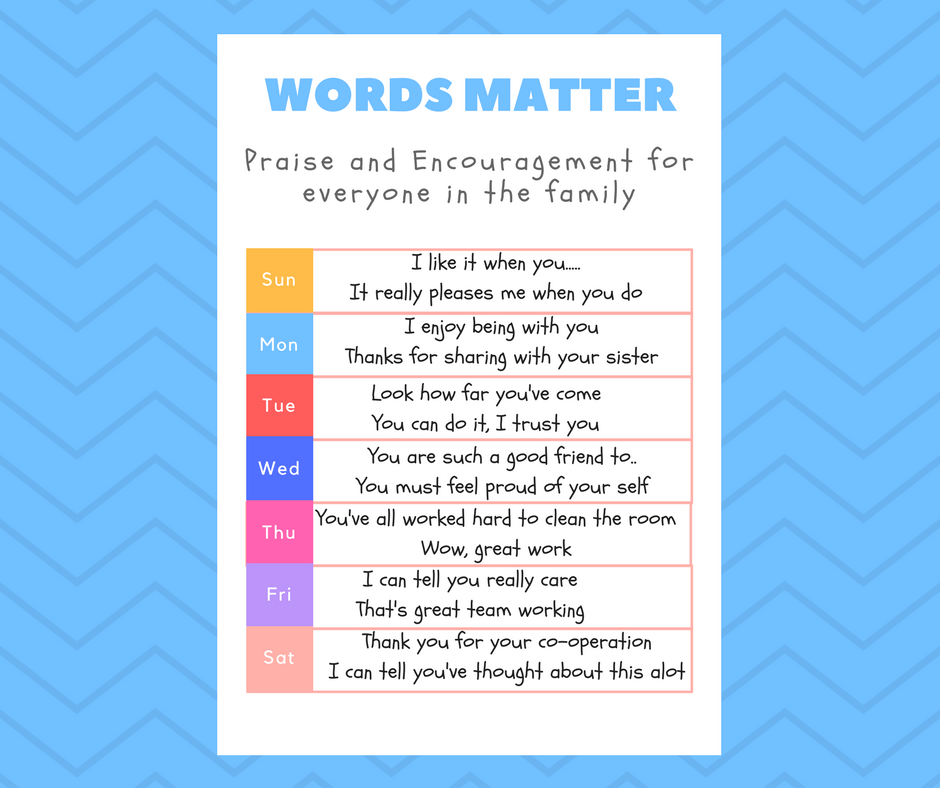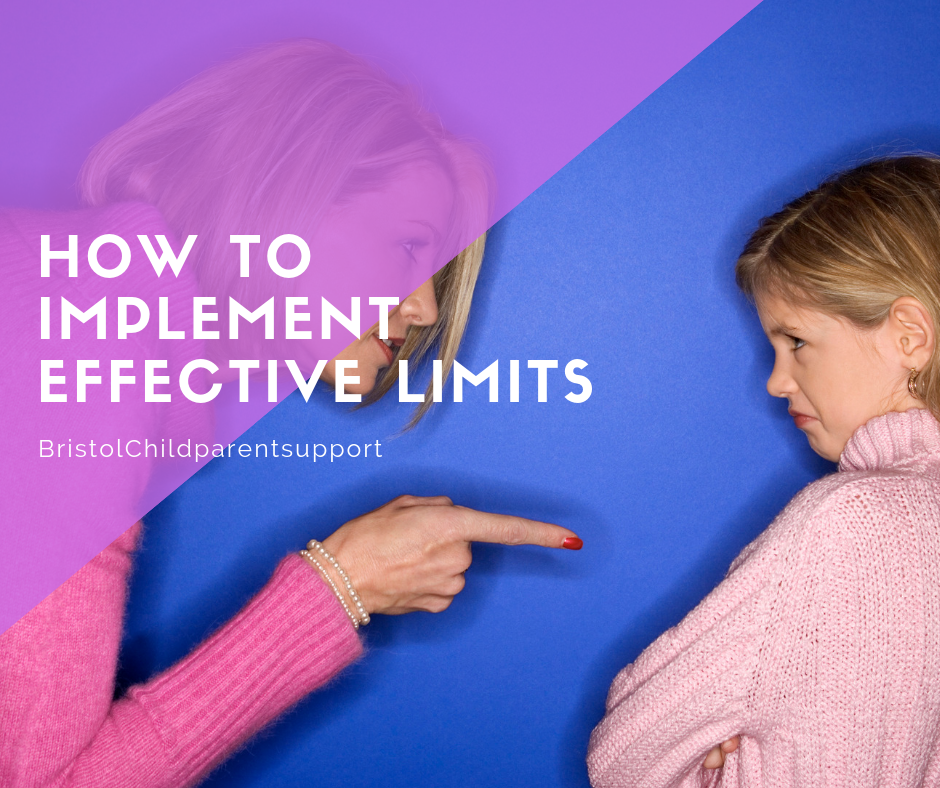You probably know that children do need limits. You might not know that limits go towards shaping your child’s capacity for self-control/regulation/discipline. Over the years, I’ve had many interesting discussions regarding limits; what are your thoughts?
Do you Hate Setting Limits?
Some parents hate setting limits; they worry about upsetting their children. You may worry about losing your child’s love or even being disappointed! You may feel your child will become even more frustrated and worried that the ” big feelings” may escalate. Is this you?
You are probably what I would call a permissive parent. Over time, your child will not develop the capacity to manage frustration and may be
Are there too Many?
Other parents talk about having many and quickly inform me of all their rules. This is what I call an Authoritarian Parent. Did you know:
The average parent gives 17 commands in a half an hour, in families with
The Incredible Years, Carolyn Webster -Strattonbehavioural difficulties, this raises to 40! (Wow)
Often the discipline focuses on control, punishment
The Middle Ground for Setting limits
There is a middle ground; research shows that children who are given limits that are constructive and given with empathy feel safe and contained and ultimately developed self-regulation.
How do you decide what Limits are necessary?
This is clear, and safety comes first for himself and others. So, don’t be frightened of giving absolutes such as respecting others without attacking them (no hitting, kicking, abusive language), seatbelts, and road safety. This means you must act immediately and take them away from the situation. The key is to do it with empathy. Your child is much more likely to comply if they feel understood and know there is another opportunity to change.
I know you are angry with your brother for taking your toy but it’s not alright to kick him. I am going to give you our agreed consequence, even though I know that you are trying to control the “anger”. So next time, Let’s try to speak out the “anger” and keep your feet safely on the floor.
There may need to be an immediate consequence. Work out what House Rules are important in your family; other than safety, what do you want your children to comply with? More on House Rules and Consequences at my positive Discipline Workshop
Some Ideas On Giving Limits Effectively
- Don’t use long sentences…..keep them short and make direct eye contact.
- Stand close to your child.
- Be realistic and age-appropriate; your child may be unable to do it all the time. Remember, they are learning the capacity for self-control.
- Use do commands

- Use a calm and firm voice. Be assertive, not aggressive!
- Avoid comparing, e.g., Joel put your toys away like your brother; he is such a good boy.
- Allow time to comply; wait for five seconds.
- Give a warning; some children have difficulties in processing.
- Use when and then language
- Don’t keep repeating it.
- At other times, encourage decision-making them. Give them choices on clothes, snacks, and what they want to play with. For toddlers, it helps to give them just two choices at a time.
- Praise and more Praise… when they listen and act appropriately. We always want to encourage and reinforce appropriate
behaviour .

Thank you for being the parent who is taking the time to read this. Who says parenting is easy? It’s not always. Remember, Positive Discipline Strategies are much more effective and longer-lasting than punitive strategies. If you are struggling, I hope to see you at my workshop or during a consultation.



